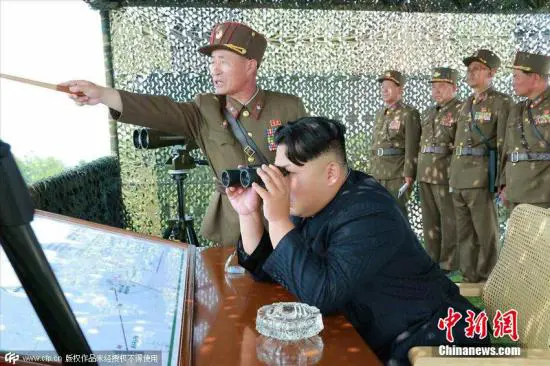Irish Prime Minister Enda Kenny pledged on Sunday evening that his government will continue to pursue prudent budgetary policies and create more jobs.
"This week the government will publish a new medium-term economic plan that lays out the road ahead for our country. This plan will set out the steps that we intend to take to grow our economy between now and 2020. It will be a plan based on enterprise, not on speculation," Kenny said in a televised address to the nation.
On Sunday, Ireland wrapped up the bailout in a landmark for the eurozone's efforts to resolve its debt crisis. It becomes the first bailed-out country in the eurozone to officially exit its international financial rescue program.
The upcoming economic plan will have two central pillars, according to Kenny.
"First, we must continue to pursue prudent budgetary policies. That's what convinces those who create jobs that Ireland is a place in which they can invest with confidence," he said.
"Everyone knows that you can't keep spending more than you are earning," he added.
"As of today, we have already completed over 90 percent of the necessary cuts and tax increases. As a result, we can now begin to reduce the national debt burden."
According to Kenny, by 2020 Ireland can eliminate government borrowing and cut public debt by a quarter, relative to the size of the economy.
He said the second pillar is to "get more of our people back to work," adding that the creation of jobs will be at the heart of the plan.
Three years ago, 1,600 jobs were being lost in this country every week. Now every week over 1,000 extra new jobs are being created, Kenny said.
He pledged to remove the barriers to new jobs in key sectors and reform the welfare system to provide supports and incentives for unemployed people to take up new jobs.
"By increasing total employment to over 2 million people by 2020, we can replace all of the jobs that were lost during the crisis with new jobs, offering many of those who have left Ireland the choice to return home," he said.
Ireland was forced to turn to the EU and the IMF for the bailout in late 2010 after its banks collapsed and its property market bubble burst.
 简体中文
简体中文





